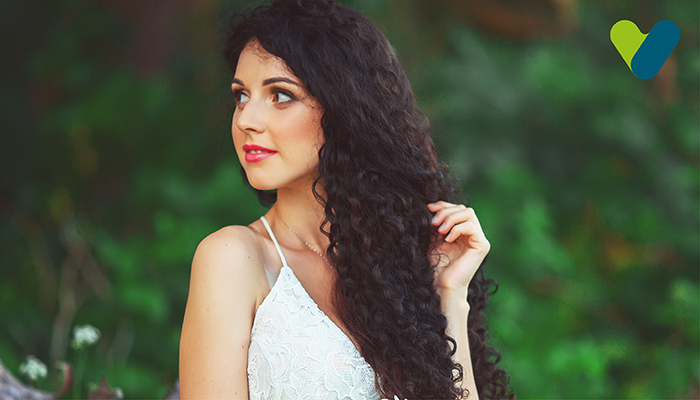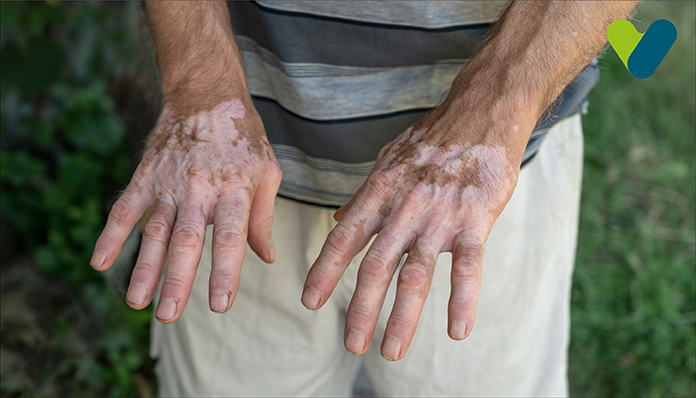Ayurveda has various secrets that can help you restore your hair's volume and growth. Hair fall can be controlled in a variety of ways. The "Ayurveda" treatment is one of the best and natural ways to grow your hair. Ayurveda holds several secrets that can help in hair growth regrowth. According to ancient Ayurvedic hair care, the Indian Ayurveda herbs for hair treatment include hydrating characteristics. Moisturized hair focuses on Ayurvedic hair treatment since it naturally stops hair loss and promotes hair growth. This indicates that your hair is no longer brittle and dry. Ayurveda is a natural cure for hair loss and regrows lost hair.
List of simple best ayurvedic herbs for hair growth
Fenugreek: If you want to prevent hair fall and strengthen your hair so that you may improve growth, volume, and shine, all you have to do is to look for fenugreek seeds, also called Methi. It is an Ayurvedic herb that can help with hair loss, dandruff, and a dry scalp. Its inclusion in your hair care routine helps repair damaged and dry hair quickly.Aloe vera: Aloe vera is a versatile herb used for various purposes. This miraculous herb can ease sore scalps, promote hair development, and even restore damaged hair. Aloe vera is high in vitamins A, C, E, and B12 and a variety of minerals. As a result, the gel extracted from this plant helps treat a variety of hair conditions.
Bhringraj: Bhringraj, known as false daisy, is an Indian herb that grows well in moist areas and is high in vitamins, calcium, magnesium, and iron. Bhringraj oil is widely used to treat a variety of hair issues. Bhringraj is a herbal medicine that helps to enhance hair growth and decrease hair loss. It increases the blood flow to the scalp and hair follicles, which soothes the scalp. It stimulates natural hair development by activating the hair roots and follicles. It also nourishes and shines your hair organically.
Amla: Amla, also known as Indian gooseberry, has long been a part of Indian hair care rituals. Blood circulation is improved by massaging the scalp with amla oil. It provides sufficient nutrients to your follicles, resulting in increased hair growth. It takes care of the overall health of the scalp by eliminating dandruff and dissolving grease and grime from the hair follicles. It helps restore the scalp's pH balance, which stimulates vital oil production. Inadequate Vitamin C in the diet is one of the leading causes of hair loss. Vitamin C is abundant in amla. The powerful antioxidant helps keep free radical activity at bay, which can negatively impact hair health.
Rosemary: Rosemary leaves contain ursolic acid, which improves blood circulation and ensures that oxygen and nutrients reach the hair follicles, promoting hair growth. Rosemary prevents hair from greying and falling out due to its rich antioxidant content. Furthermore, rosemary has anti-inflammatory and antibacterial properties, so it can help prevent dandruff and scalp irritation.
Brahmi: Brahmi is an Ayurvedic herb for hair growth and thickness. It's an Ayurvedic herbal oil best for hair follicle thinning, which leads to hair loss. Brahmi oil includes an alkaloid that naturally toughens and strengthens your hair by activating a protein in your body. It also reduces tension and elevates your mood. It also aids in the treatment of dry and damaged hair. Brahmi lowers the stress hormone cortisol in your body. Cortisol levels that are too high are one of the causes of hair loss.
Triphala: Triphalachurna's active ingredients cure damaged hair and enhance hair volume. The active formula of its constituents, such as Haritaki, contains antibacterial and antifungal properties that operate on the scalp to prevent infections and fungal growth. Triphala powder has also been shown to help with dandruff. You can use Triphala powder mixed with coconut oil to apply to your hair or incorporate it into your diet. Your diet heavily influences your hair's health. Your liver health and poor digestion could be one of the reasons why your hair volume isn't up to par. Both are taken care of by Triphala, which cleanses the digestive system.
Manjistha: Manjistha is good for hair since it improves its health. It's an ayurvedic hair loss therapy that fights dandruff, controls hair loss, and works as a natural hair colouring. When you dye your hair with Manjistha, you're effectively cutting out the harsh chemicals that damage your hair and cause dry, curly hair. The root of Manjistha is the best for hair. It can be crushed and used as Manjistha powder or as Manjistha oil. It would help if you used Manjistha on your hair at least three times a week for the best results.
Lavender: Lavender does not require an introduction because of its beautiful aroma. Not only does it smell great, but it also offers other benefits. It contains calming effects that help to decrease stress and promote hair development. It has antibacterial capabilities that keep bacteria and fungi off your scalp. It means that lavender oil can help you prevent dandruff and head lice while reducing itching and dryness on your scalp.


